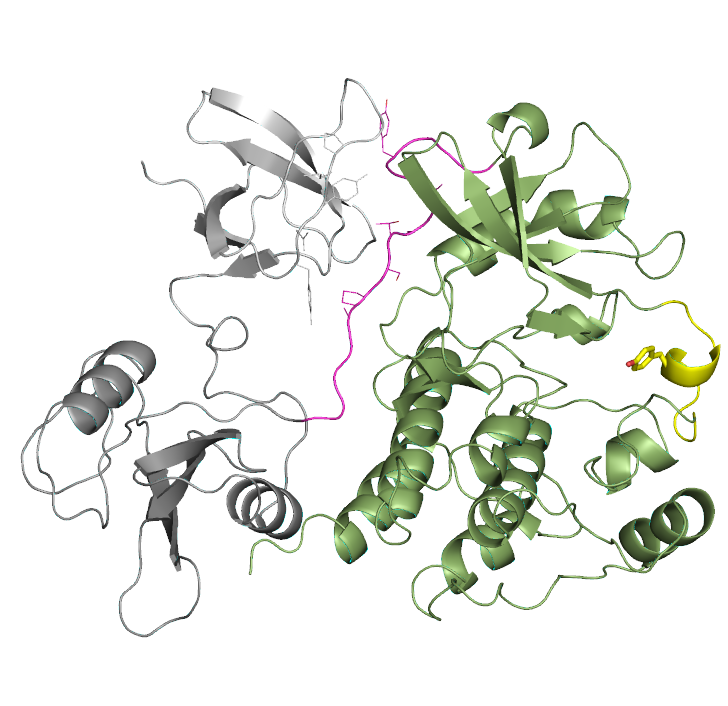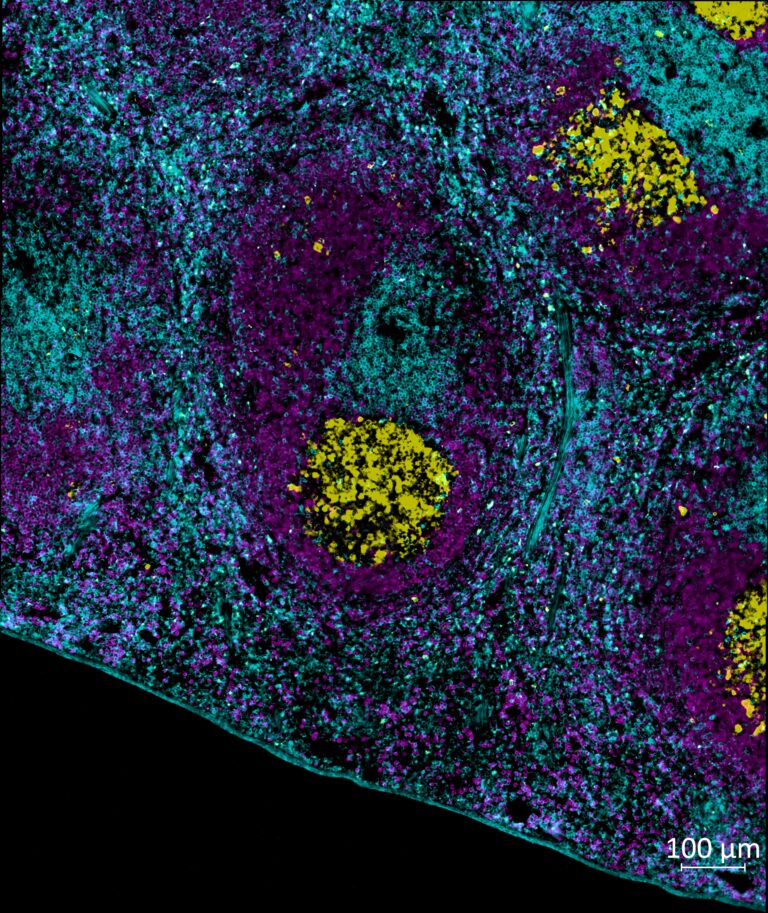Our Science

The TEC kinase family functions predominantly in immune cells and comprises of five members, with ITK and BTK being the most extensively studied in T and B cells, respectively. ITK tunes pivotal signals transmitted by the T cell antigen receptor (TCR) and the primary T cell costimulator CD28. BTK, downstream of B cell antigen receptor (BCR), is absolutely required for B cells to develop and function. We discovered the central function of ITK downstream of TCR/CD28 signaling in licensing T cells to migrate into organs. Pharmacological supra-activation of ITK generates T cells equipped with heightened effector function, longevity and resilience against checkpoint inhibitory signals. Similarly, BTK agonism enhances the generation of plasma cells and improved antibody production. These discoveries underpin the development of an innovative allosteric mode of intracellular kinase modulation to render T and B lymphocytes adept at finding and destroying abnormal and infected cells, including tumors.
Select Publications by founders
Amy H. Andreotti, Raji E. Joseph, James M. Conley, Janet Iwasa, and Leslie J. Berg
Annual Review Immunol (2018) 36:549
(https://www.annualreviews.org/content/journals/10.1146/annurev-immunol-042617-053344)
Randall H. Friedline, David S. Brown, Hai Nguyen, Hardy Kornfeld, JinHee Lee, Yi Zhang, Mark Appleby, Sandy D. Der, Joonsoo Kang*, and Cynthia A. Chambers (*corresponding author)
J. Exp. Med. (2009) 206: 421
Nitya Jain, Bing Miu, Jian-kang Jiang, Kai K McKinstry, Amanda Prince, Susan L Swain, Dale L Greiner, Craig J Thomas, Michael J Sanderson, Leslie J Berg, and Joonsoo Kang
Nature Medicine (2013) 19:1632
Michael P. Gallagher, James M. Conley, Pranitha Vangala, Manuel Garber, Andrea Reboldi, and Leslie J. Berg
Proc. Natl. Aca. Sci. (2021)118 (35) e2025825118


